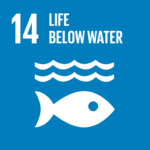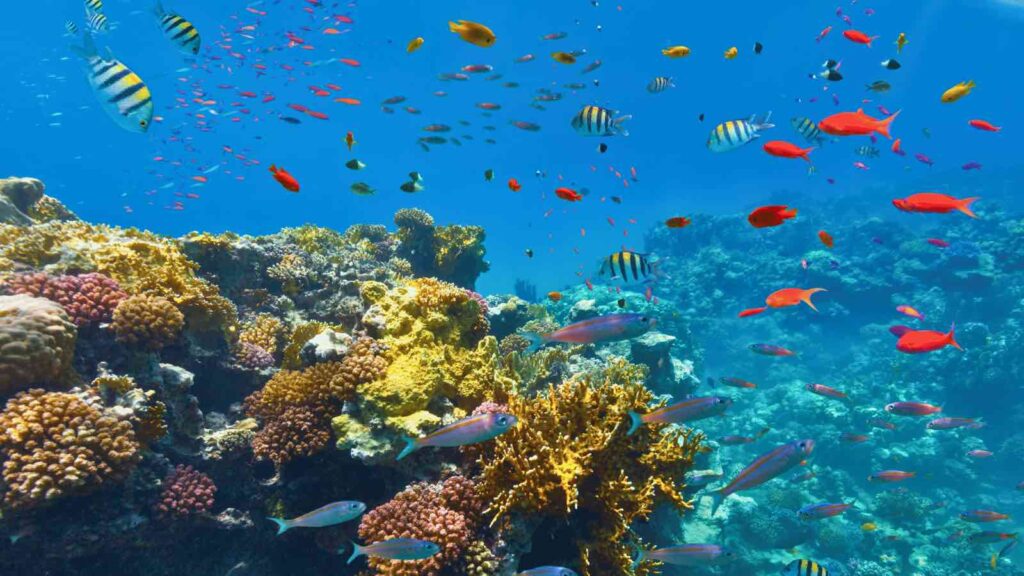Scientists use a centralized database to understand coral reefs. RECIFS helps understand the vulnerability of coral reefs to climate change.
In today’s rapidly changing climate, the world’s coral reefs are under threat like never before. Rising sea temperatures, ocean acidification, and pollution are just a few of the challenges that these delicate ecosystems face. Fortunately, researchers are turning to modern technology to better understand the complex factors that contribute to coral reef vulnerability.
RELEVANT SUSTAINABLE GOALS


The world’s coral reefs are facing an existential threat due to climate change and human activities. To understand the vulnerabilities of these ecosystems, scientists are turning to modern technology. One such tool is the Reef Environment Centralized Information System (RECIFS), a web application that serves as a single repository for all datasets on reef environments around the world.
Reef Environment Centralized Information System (RECIFS)
Developed by the EPFL scientists and the ENTROPIE research group on marine ecology for the Pacific and Indian Oceans, RECIFS allows researchers to compare different datasets and obtain important insights into how corals are or are not able to adapt to climate change and stresses from human activities. This centralized database stores public domain data that includes approximately four decades of environmental measurements, such as physical and chemical aspects.
The RECIFS database is a treasure trove of information that can be used to build theories about how specific environmental variables influence reef ecosystem dynamics and, in turn, to develop effective conservation policies. The database also contains information on human activities near coral reefs, such as boat traffic, surrounding cities and population density, and agricultural land usage.
The lead author of the study, Oliver Selmoni, who holds a Ph.D. in environmental engineering from EPFL, said, “By creating a single repository, we can identify the factors that triggered irreversible processes in the past, like the coral bleaching caused by heat waves. We can also investigate why some coral reefs are more resistant to these effects and set up protected marine areas where needed.” The RECIFS repository can help scientists answer questions like how many heat waves need to occur, and how severe do they need to be, for corals to adapt rather than perish.
The RECIFS database has already been used to characterize coral diversity in the Caribbean based on a dataset containing photographic surveys of reefs throughout the area. Another example is the protection of the stripey snapper, a fish that spawns in reefs off Australia’s northeastern coast. Scientists analyzed a set of existing genomics data from 1,016 stripey snapper individuals to identify genetic markers that could suggest a greater ability to adapt to local climate conditions.
RECIFS aims to provide scientists and conservation stakeholders with easy, open access to the environmental data they require to help save coral reefs. With 14% of hard corals lost worldwide in the last decade due to unusual heat waves, the need to act quickly to protect coral reefs is more urgent than ever. The repository will be updated annually and expanded further to provide better insights into the vulnerabilities of coral reefs.



